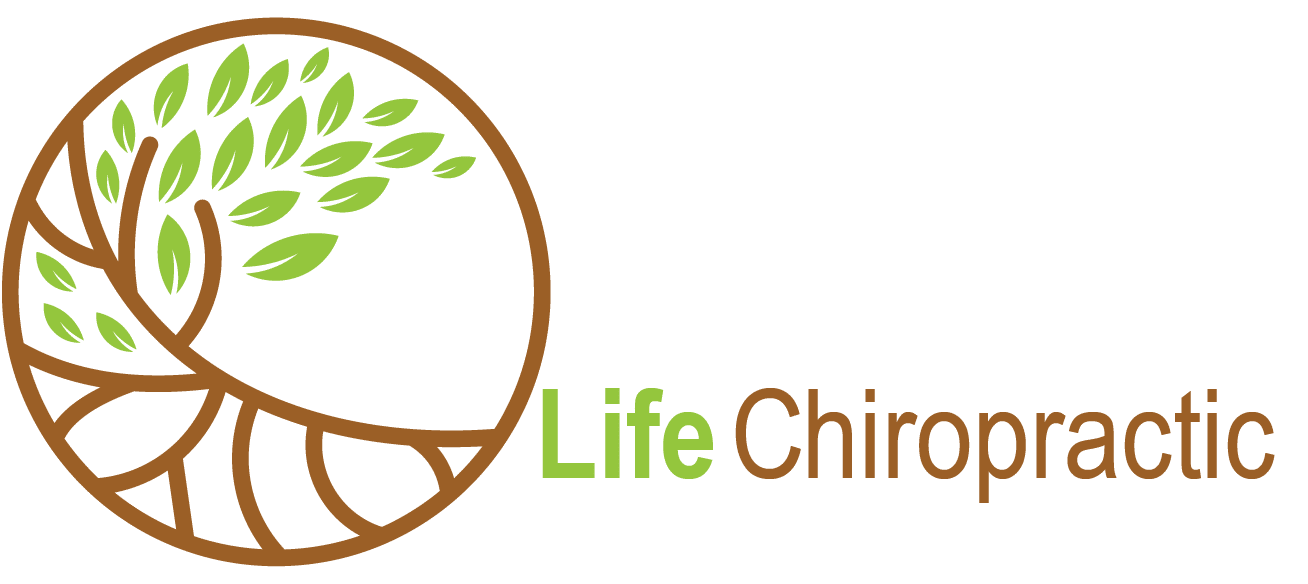A recent National Institute of Health study found high rates of chronic pain among US adults. We are in the midst of an epidemic of chronic pain, anxiety, and insomnia. And, they have a significant common denominator.
Chronic Pain, Anxiety, and Insomnia
Chronic pain, anxiety, and insomnia are all too common in today’s fast-paced and stressful world. Many people suffer from these conditions without realizing that they may be interconnected. In this blog post, we will explore the relationship between chronic stress, the body’s stress response, and the symptoms of pain, anxiety, and insomnia. We will also discuss how understanding this connection can provide insights into recovering from chronic stress and pain. Finally, we will explore the role of the autonomic nervous system, specifically the sympathetic stress response and the vagus nerve, in managing and relieving these symptoms.
The Autonomic Nervous System and the Stress Response:
The autonomic nervous system (ANS) is responsible for regulating involuntary bodily functions such as heart rate, digestion, and temperature control. It has two main branches: the sympathetic nervous system (SNS) and the parasympathetic nervous system (PNS). The SNS is responsible for the body’s stress response, commonly known as the fight-or-flight response. When faced with a stressful or threatening situation, the SNS kicks into gear, releasing stress hormones such as adrenaline and cortisol. This response prepares the body to either fight the threat or run away from it. While this stress response is crucial in acute situations, chronic activation of the SNS can lead to a variety of health issues.
Sympathetic Arousal and Increased Inflammation:
One consequence of chronic activation of the SNS is increased inflammation in the body. When the body perceives a threat, the SNS triggers a release of pro-inflammatory molecules. This heightened inflammation can lead to muscle tension, pain, and an overall decrease in well-being.
Muscle Tension, Pain, and Disturbed Sleep:
Muscle tension is a common symptom of chronic stress and is closely related to pain. When the SNS is constantly activated, muscles remain in a state of tension, leading to discomfort and pain. Additionally, disturbed sleep is often linked to chronic pain, anxiety, and insomnia. The SNS can disrupt the normal sleep-wake cycle, making it difficult to fall asleep and stay asleep throughout the night.
Anxiety and the Ubiquitous Stress of Modern Life:
Anxiety is another common symptom associated with chronic stress. The constant activation of the SNS can lead to heightened feelings of anxiety and worry. The body’s stress response is designed to keep us safe from immediate threats, but the ubiquitous stress of modern life keeps the SNS constantly activated, leading to chronic anxiety.
Understanding the Role of the Vagus Nerve:
The vagus nerve is a key player in the body’s stress response and the management of chronic stress. It is part of the PNS and acts as a counterbalance to the SNS. The vagus nerve helps regulate heart rate, digestion, and other bodily functions. High vagus nerve function is associated with better stress management and overall well-being.
Relieving Irritation to the Sympathetic System and Raising Vagus Nerve Tone:
To recover from chronic stress and its associated symptoms, it is essential to relieve irritation to the sympathetic system and raise vagus nerve tone. Corrective chiropractic care can be an effective approach to achieving this. Chiropractic adjustments can help reduce muscle tension, alleviate pain, and improve overall body function. Misalignments of the mid and low back can be sources of sympathetic irritation. The upper neck and pelvis are common areas that cause a lowering of vagus nerve function.
Chiropractic Stress Relief:
Chiropractic care focuses on optimizing the alignment and function of the spine, which is essential for the proper functioning of the nervous system. By restoring proper alignment and removing interference to the nervous system, chiropractic adjustments can help reduce sympathetic arousal and promote a healthier stress response.
Conclusion:
Chronic pain, anxiety, and insomnia are all interconnected through the body’s stress response. Understanding the role of the autonomic nervous system, specifically the sympathetic stress response and the vagus nerve, can provide valuable insights into recovering from chronic stress and pain. Relieving irritation to the sympathetic system and raising vagus nerve tone through chiropractic care can be an effective approach to managing and alleviating these symptoms. If you’re looking for stress relief and overall wellness, consider visiting a chiropractor like Dr. Bill Berkowitz at Life Chiropractic in Grass Valley. Take control of your stress and start your journey towards a healthier, more balanced life. About Dr. Berkowitz of Life Chiropractic: Bringing more than 3 decades of practice experience, Dr. Bill Berkowitz focuses on balancing and corrective care, applying his expertise to provide patients with predictable, repeatable and measurable results. Dr. Bill consistently strives to enhance the well-being of his patients by addressing the root imbalances of their problems and promoting optimal balance, alignment, and function of the spine and nervous system. Bill’s wealth of knowledge and experience has allowed him to develop a nuanced understanding of the human body and its intricate connections. With each adjustment, he supports the body in returning to a state of balance that goes beyond mere symptom relief, focusing instead on long-term correction for his patients’ well-being. Make sure to subscribe to Dr Berkowitz’s social media pages where he regularly posts tips, insights and valuable information. Facebook: Life Chiropractic Facebook YouTube: Life Chiropractic YouTube Instagram: Life Chiropractic Instagram Blog: https://lifewithinchiropractic.com/blog/ Schedule your first visit here: Life Chiropractic
